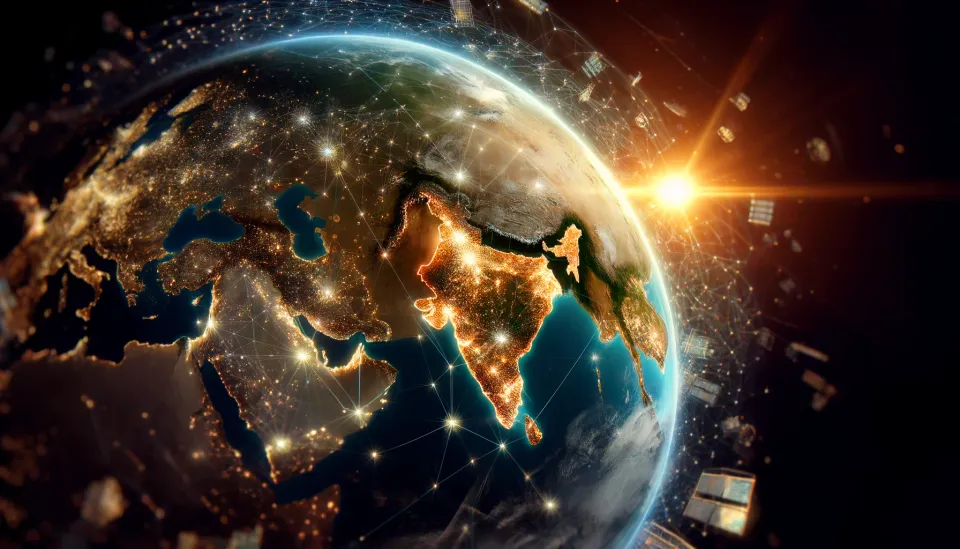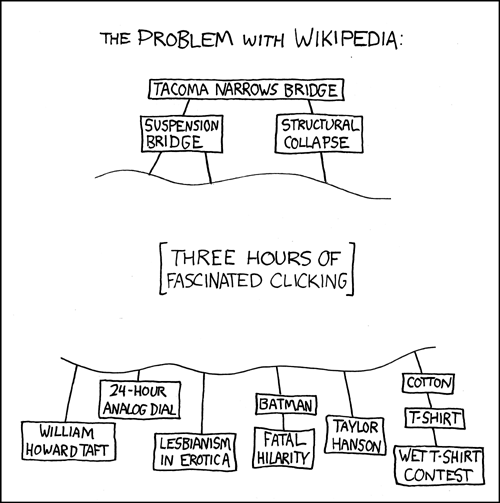Connecting the Next Billion

To realise the internet’s true potential, enabling discoverability of information and safeguarding privacy is essential.
Right now, a Masai warrior with a smartphone has better access to information than the US President did 15 years ago. No doubt the internet is changing lives around the world, with 250 million new users expected from India alone in the next five years. But who will provide this access and how?
As innovative internet access technologies emerge (satellites, balloons and solar), combined with new business models (ad-supported or zero rated), the government has an important responsibility to bear. It will have to present a clear vision for the next billion users and safeguard the values of its people.
To do this, I believe two principles are vital: first, ensuring the discoverability of information based on the principle of 'net neutrality', and second - guaranteeing privacy for all users, regardless of the service or platform being used.
Exploring the Internet
I still remember the day I learnt how to enter a URL in my browser. When I asked my friend what I should do next, he replied “Just go exploring!”.

(Source: Calvin and Hobbes by Bill Watterson, on December 31, 1995)
Fortunately for me, the internet has always been free (as in 'free beer') and a tool for limitless exploration. Now imagine a different world in which every next click results in additional charges, a blocked website, or a slow connection.
That's why our laws must state explicitly and unambiguously that internet access providers should not discriminate on the basis of service, price, or speed – a principle that's referred to as 'net neutrality'. Why is this necessary? Because otherwise we end up with pockets of information that are disconnected. As Tim Berners Lee, the inventor of the World Wide Web explains “lots of little webs doesn’t work” because you can’t follow links from one to the other.
As early beneficiaries of one of humanity’s greatest inventions, we must strive to provide the next generation of users with the same tools to nourish their curiosity and creativity – a truly open and connected web. Everyone should have the freedom to jump from a Wikipedia page, to a Khan Academy video, to a podcast on iTunes, to a celestial image on Google Earth. That is what makes the internet such an incredible place.

(The Problem with Wikipedia” , xkcd, Randall Munroe)
A Differential Internet
No need to imagine the scary scenario I described above: it already exists. Right now, the zero-rated 'Free Basics' service provided by Facebook prohibits large images and video conten . For the 60% of Indian users who don’t eventually graduate from Free Basics to the internet, that means an experience devoid of essential communication tools, educational resources and games. So it is hardly surprising that low-income users have a ‘strong preference for unrestricted access, even when limited plans [are] more affordable’.
Differential pricing is unnecessary. Providing affordable access to the internet is the government’s prerogative under the National Telecom Policy. By effectively implementing the rural broadband project BharatNet and schemes such as ‘e-Kranti’, the government can bring online services directly to the people.
Throttling speeds based on the service requested should also be prohibited because it hurts the user experience. In the absence of net neutrality regulation, a commercial entity in control of a platform will have a strong incentive to steer users away from competitors’ services through lower speeds. This in turn will affect the discoverability of information on that platform.
Privacy on the Internet
The next billion internet users will generate massive amounts of data, most of which will likely be monetized in some way or another. As the saying goes: “If you’re not paying for it, you are the product being sold”.
As new internet gatekeepers emerge, we must think about privacy harms that may arise and act fast to counter them. From an Indian perspective, here are some issues to think about: There is no right to privacy. A Right to Privacy Bill has been in the works since 2011, but is still in the ‘consultation stage’. For now, users remain at the mercy of outdated regulations, frequently changing privacy policies and opaque internal protocols. The government’s position appears to be that the poor are willing to sacrifice their privacy rights for some apparent benefits
But that is why privacy for all users, irrespective of service, platform or medium, is an ideal. The ‘National Privacy Principles’ are useful guidelines for now, but eventually a ‘right to privacy’, whether bestowed by the legislature or the Supreme Court, is the only way forward. And it needs to come soon.
Conclusion
In this essay, I offer two tests to determine whether any platform, service, model or medium poses potential harms for new internet users:
- Does the system enable the discoverability of information by preventing a service provider from discriminating on the basis of service, price or speed; and
- Does it system contain safeguards to protect the personal information of all users through adequate technical, operational and legal controls?
If either answer to either question is ‘no’, I would argue that it does not bode well for the next billion users.
In fact, the government should publish a comprehensive policy document stating its position on various issues affecting internet adoption in India, including net neutrality, privacy, digital literacy, and cybersecurity.
Forward-thinking policy will help private industry devise sustainable business models, while ensuring basic protections for users. For the next billion individuals who are yet to experience the magic of the internet, it’s the least we can do.
